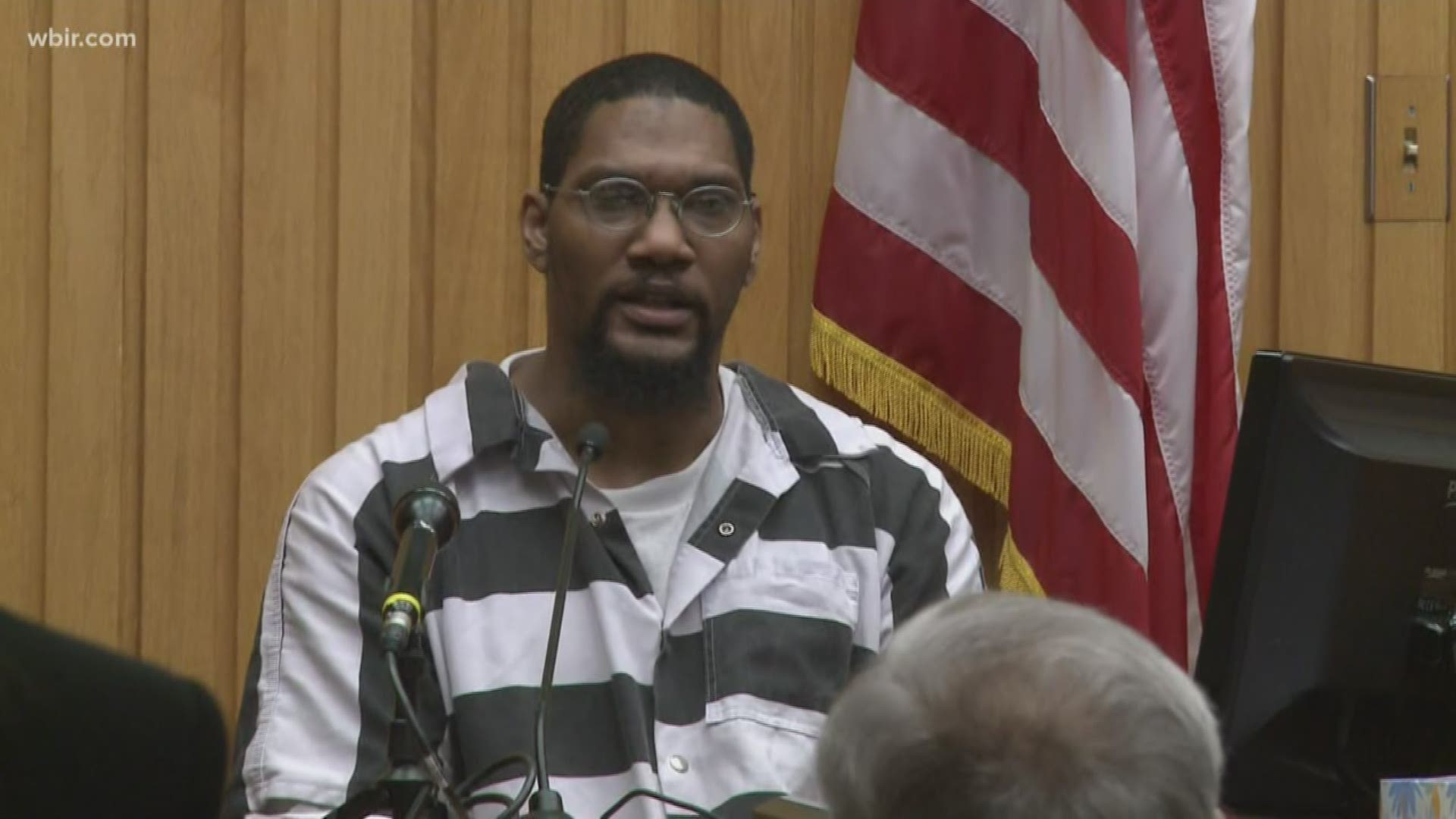KNOXVILLE, Tennessee — Convicted killer George Thomas cut a deal with Knox County prosecutors to testify against Eric D. Boyd in the Christian-Newsom torture-slayings.
In exchange for Thomas, 36, telling a jury what he knew earlier this month, the state would resolve a legal challenge in Thomas's own murder conviction and recommend he get a lower prison sentence that offered him an earlier shot at freedom, records show.
Now a judge is seeking assurances that he actually has the authority to approve such a deal. Prosecutors argue in court papers filed this week in Knox County Criminal Court that there's precedent to go ahead with it.
RELATED: Boyd Trial, Day 2 | Convicted killer George Thomas takes the stand to testify against Eric Boyd
RELATED: The last suspect | 'I’ve always had a mother’s instinct that he was the one who murdered my son'
"This agreement is good for both parties because they each receive something they could not otherwise get: a critical witness in a trial for the State and a reduced sentence for (Thomas). Furthermore, the agreement benefits society because it aids the State in prosecuting a serious crime, it rewards an individual who assists the State, and it makes efficient use of judicial and State resources, which are ultimately borne by taxpayers," prosecutor Phil Morton wrote in a memo submitted to Judge Walter C. Kurtz.
Kurtz is set to hold a hearing Wednesday about Thomas's future in Knoxville.

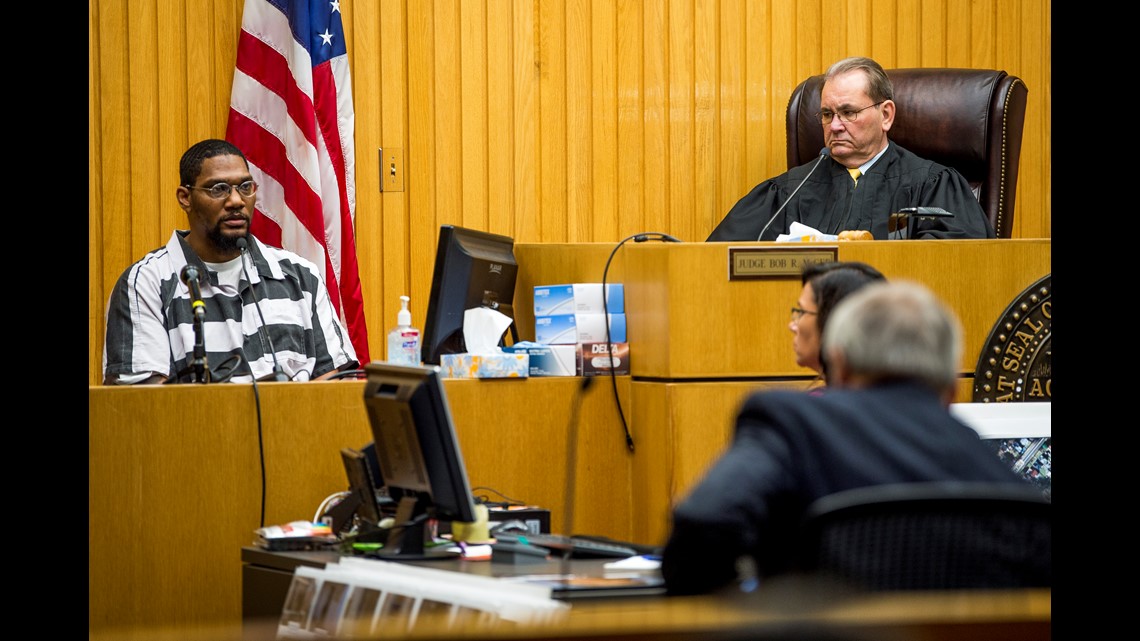
He was already planning to review a legal challenge by Thomas on his prior conviction for taking part in the murders of Channon Christian and Chris Newsom in January 2007. Thomas is serving two life sentences plus 25 years in the killings.
Then, at Boyd's murder trial this month, Thomas became a star witness for the prosecution, which convinced the jury to convict Boyd. Thomas agreed to testify against his co-defendant, who helped carjack the victims and helped bring them back to ringleader Lemaricus Davidson's rental house on Chipman Street the night of Jan. 6, 2007.
Thomas's testimony was valuable to prosecutors because they'd previously lacked much strong evidence against Boyd, now 47. They hadn't been able to use past statements the defendants made against each other.
Thomas was in the house when Boyd, Davidson and Davidson's brother Letalvis Cobbins led the victims back to Chipman Street. He knew about their kidnappings and killings that weekend and perhaps even about their rapes.

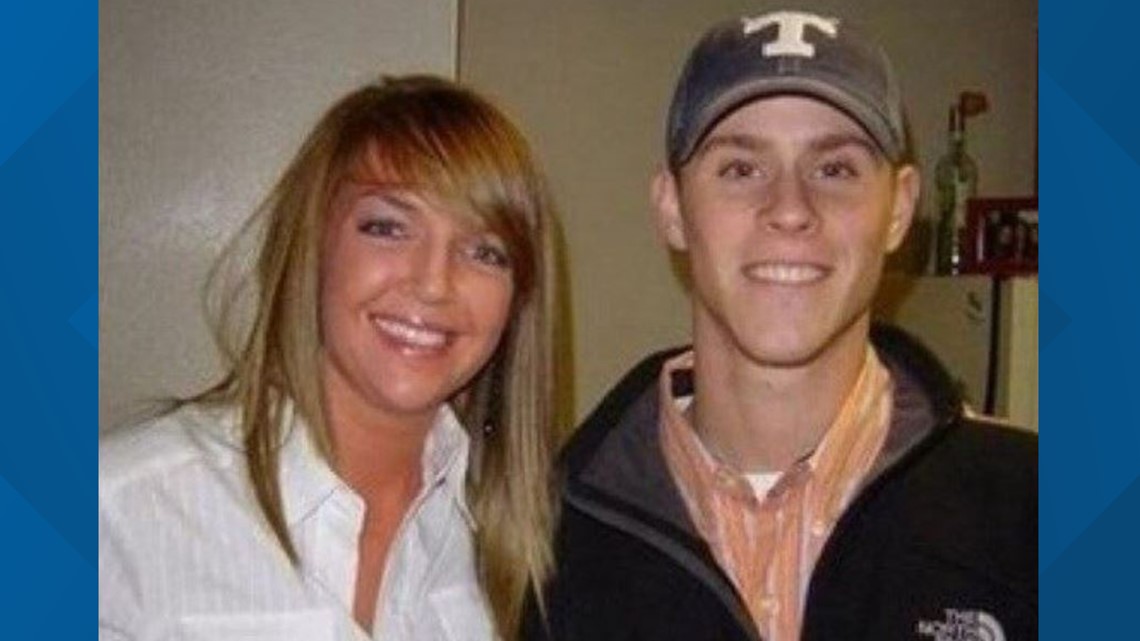
In exchange for his testimony, the prosecution agreed to resolve what's called a post-conviction relief petition filed by Thomas and to recommend he serve a 50-year sentence to be served at 85 percent, or about 42 1/2 years.
It means Thomas could get out of prison one day while in his 60s rather than his 80s.
As part of the deal, Thomas would plead guilty to "new, reduced charges after the original jury verdicts are set aside by the resolution of the PCR," a memo of law filed by the state and Thomas's defense attorney Les Jeffress states.
Kurtz, however, has questions. This month he directed the lawyers to file a memo explaining what authority he had to set aside the verdict against Thomas and to reduce his sentence.
"The Court finds such a memorandum of law necessary because it does not appear to the Court that (state law, case law and Supreme Court rules) grant a post-conviction court the authority to grant the relief sought," Kurtz, appointed by the state Supreme Court in the case, wrote.

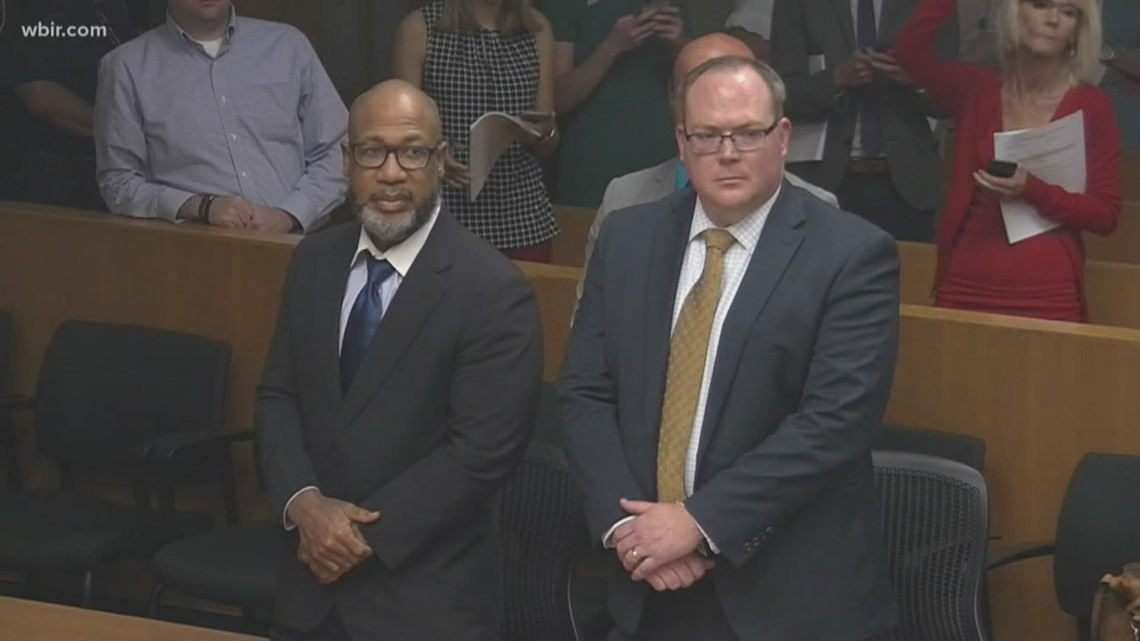
"The Court wants the parties to bring to the Court's attention any authority to the contrary or what authority the parties rely on in proposing that this Court enter an agreed disposition to reduce (Thomas's) sentences."
Prosecutor Phil Morton argues there's ample precedent. Thomas and the state both want to resolve lingering legal issues so that Thomas can plead to a new, agreed upon sentence, he wrote.
Under state law, Morton wrote in the memo filed Thursday, when a court sets aside judgment in a post-conviction relief petition, it can also enter "supplementary orders that may be necessary and proper."
"If the court has the authority to resolve the PCR, we believe this language is broad enough to grant it the authority to set aside the jury verdict and to re-sentence the petitioner as well," Morton wrote.
The lawyer cited several Tennessee cases in which the prosecution and a defendant worked out agreements that led to a new prison sentence, including a capital case involving inmate Joel R. Schmeiderer.
Also, a judge just Friday approved a deal between another death row inmate, Abu-Ali Abdur Rahman and the Nashville district attorney that will spare Abdur Rahman from pending execution. He'll instead spend the rest of his life in prison. He's been in prison more than 30 years.
Accepting Knox County's agreement with Thomas is an "efficient resolution" of the case, the memo signed by Morton and Jeffress states.
Thomas's testimony on Aug. 7 during Boyd's trial "was significantly broader in scope and more self-incriminating than any prior statements he had made," Morton wrote. "Thus, he did not merely cooperate but waived his right against self-incrimination in order to do so. He exposed himself to greater public censure."

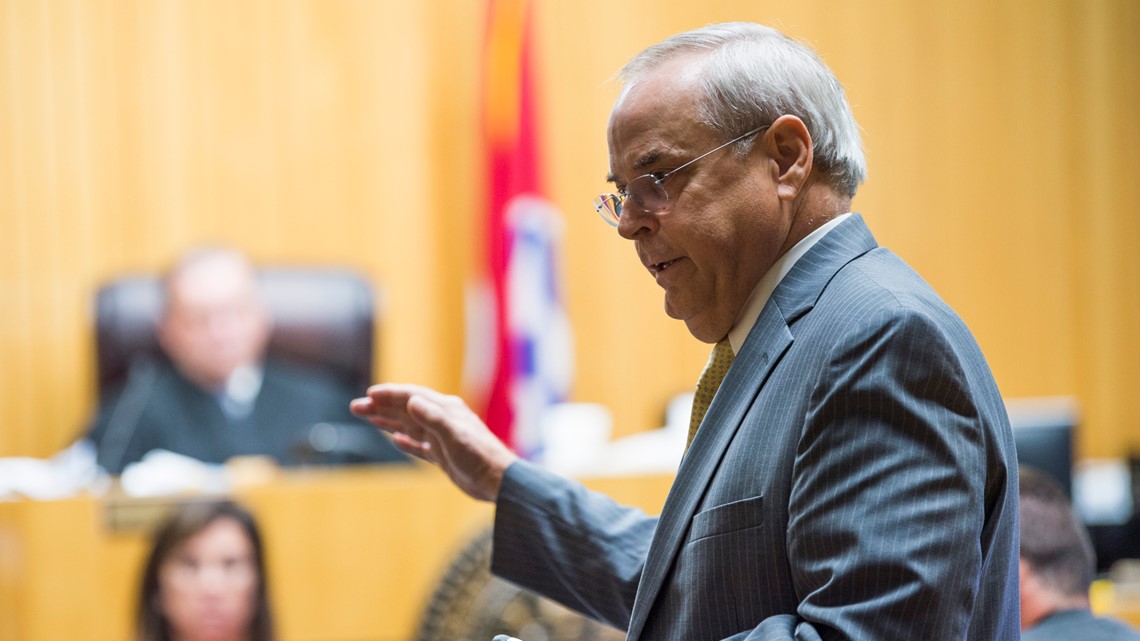
Thomas insisted after his arrest that he'd merely sat in Davidson's rental house and smoked marijuana the weekend the victims were carjacked, raped and killed.
This month on the stand, he said he drove with Boyd in Christian's SUV while Newsom was their prisoner. They drove to a remote spot in the night, he testified, where Boyd got out and forced Newsom to walk into the dark.
Thomas said he declined to help kill Newsom but heard gunshots and then saw a whoosh of fire. Authorities say the killers shot a bound Newsom and then set his body on fire near railroad tracks.
Experts, however, have testified repeatedly they think more than one person took part on killing Newsom. Also, they found evidence that he had been raped before his death. Newsom's family thinks Boyd was the rapist.
Kurtz wrote in his Aug. 19 order that he won't try to resolve the question of Thomas's agreement on Wednesday.

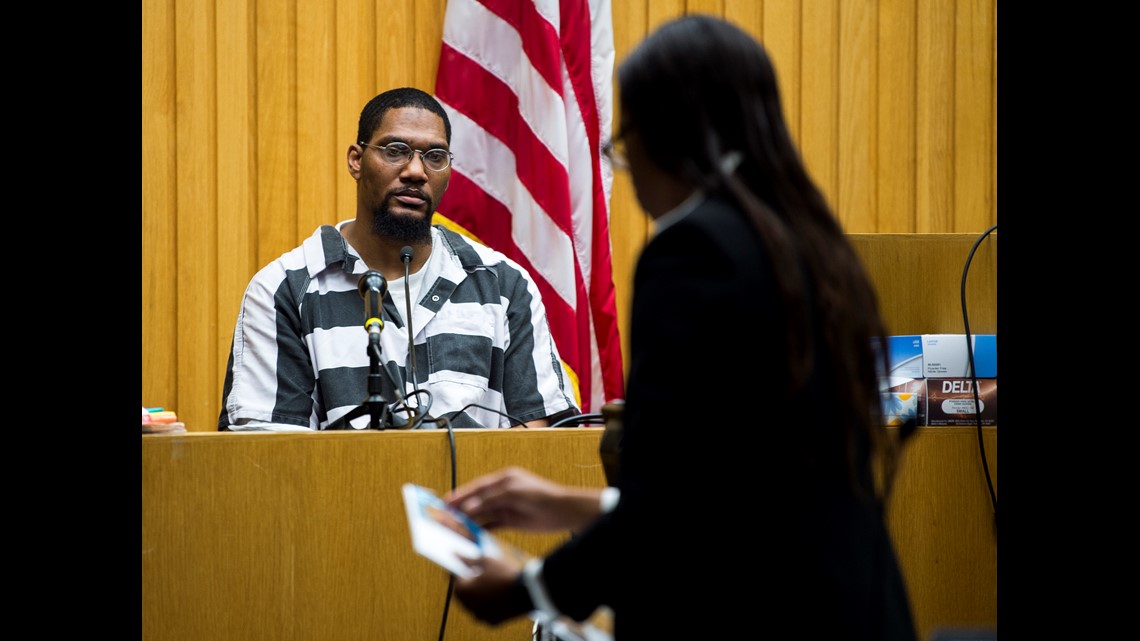
"However, on that date the parties shall be prepared to address with this Court the (question of his authority to rule," his order states.
Thomas is serving his sentences at the state's Northeast Correctional Facility in Mountain City. He's supposed to be brought back to Knoxville by Tuesday.

